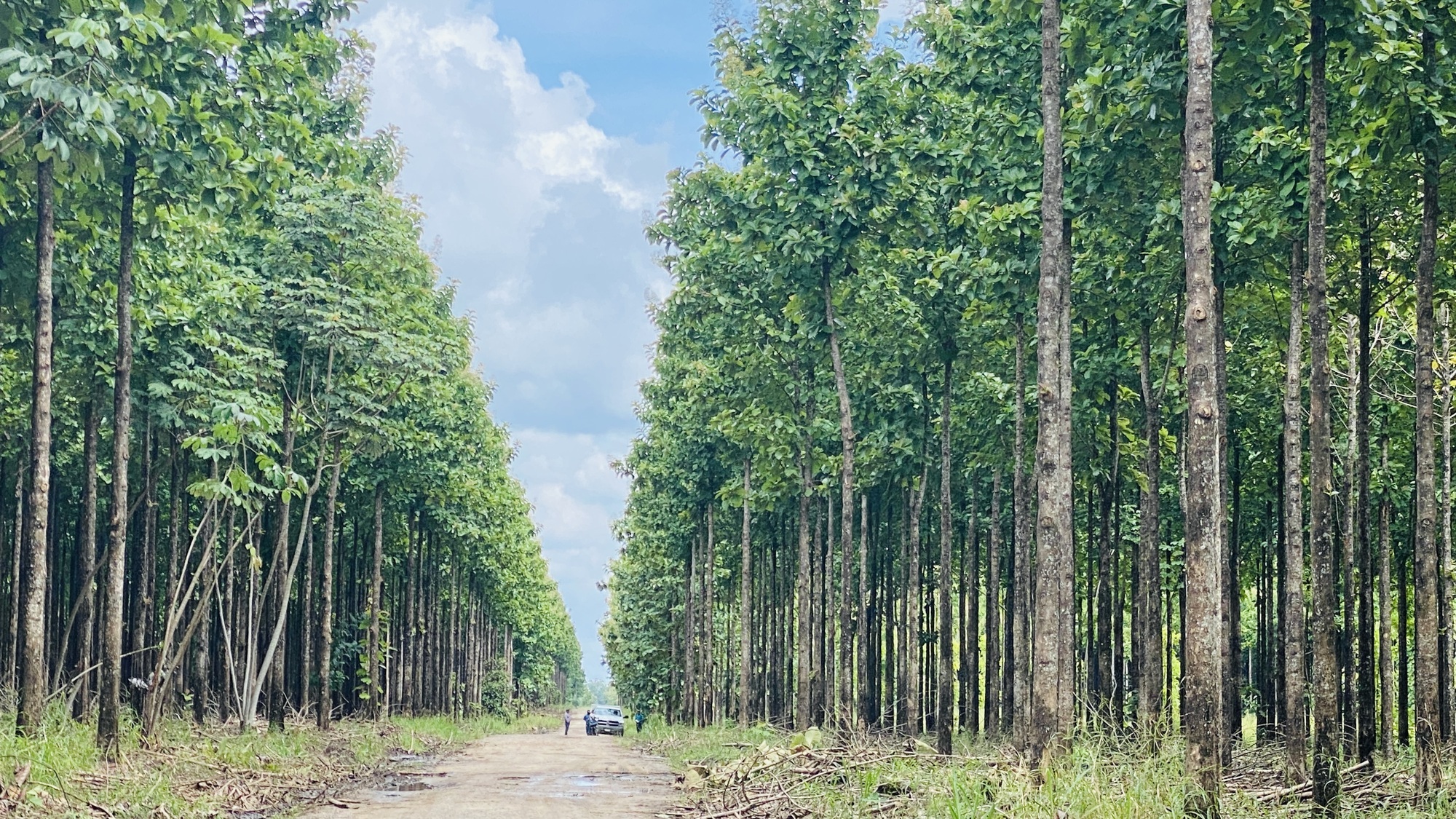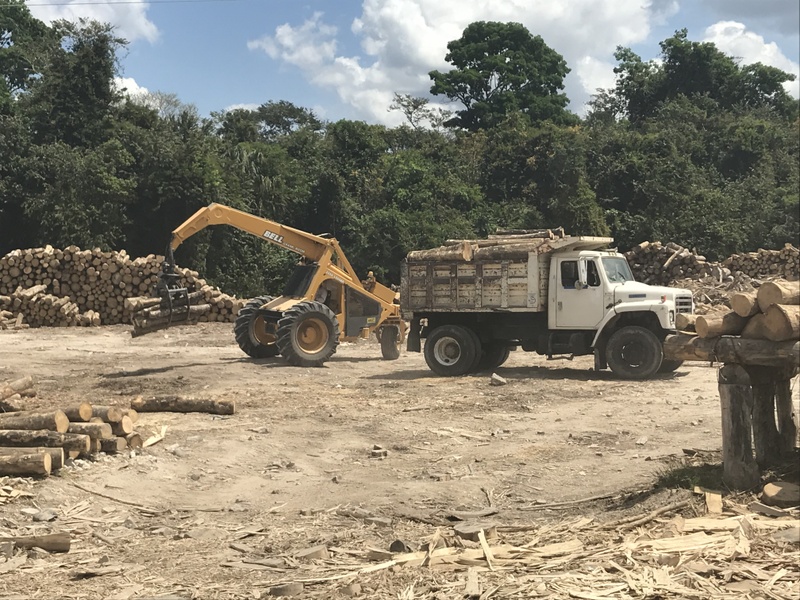GTI Index: China, Ghana and Mexico strong in April, even as tariff turmoil begins to bite
21 May 2025, Yokohama

A commercial plantation forest in Mexico, which recorded a positive GTI Index value in April. Photo: Santa Genoveva
The timber sector in key countries including China and Ghana showed further strength in April, according to the latest Global Timber Index report, even as businesses across the tropics began noting now global tariff uncertainty was disrupting trade.
The GTIs for Ghana (63.6%), China (54.1%), and Mexico (51.2%) were above the 50% threshold and remained in positive territory for the second consecutive month, indicating strong activity in their timber sectors. However, the GTIs for Thailand (45.1%), the Republic of the Congo (36.1%), Gabon (35.2%), Brazil (32.8%), and Malaysia (23.5%) were below the threshold, suggesting April saw a slowdown in those countries.
Positive signs were evident in some GTI sub-indices. For example, production volume in Ghana and China continued to rise; Mexico saw a significant increase in domestic orders; the Republic of the Congo’s export market stabilized after a period of contraction; and the decline in harvesting activities eased in both Malaysia and Brazil.
In April, the GTI-Woodbased Panel Index, a specialized index for wood-based panels, stood at 50.6%, suggesting overall stability in the subsector. However, the GTI-Producers Index, a specialized index for timber production, was at 39.1%, indicating weakness in that area.
Recently, the United States of America imposed additional import tariffs on products from many countries, sparking widespread concern about the impact on trade and economic growth, the report said.
For instance, although the 24% tariff on imports from Malaysia is lower than that of some other countries, it still puts significant pressure on the Malaysian furniture industry, the report said. In Thailand, GTI-sampled enterprises reported that US tariff policy and delays in negotiations between the Thai and US governments had led to a halt in purchases.
For Brazil, the United States announced a relatively lenient 10% tariff on imports from the country. Nevertheless, enterprises in Brazil reported that relevant parties were awaiting further developments before making decisions.
In China, some GTI-surveyed enterprises noted a shortage of North American wood, and a cross-sector survey of internationally active businesses reportedly found that many planned to reduce their dealings with the United States and switch toward emerging markets due to the uncertainty over tariffs.
The latest edition of the ITTO-supported GTI report also surveys progress toward sustainable forest management, including relevant developments in legislation in countries including Brazil, Malaysia and Thailand.
Starting in April, the report also presents case studies of good practice for legal and sustainable timber trade, starting with an example of timber identification practices in Brazil.
The monthly GTI Report, GTI-Producers Report and GTI-WBP Report are available free at www.itto.int/gti.
Download the latest GTI Report, GTI-Producers Report, and GTI-Woodbased Panel Report
